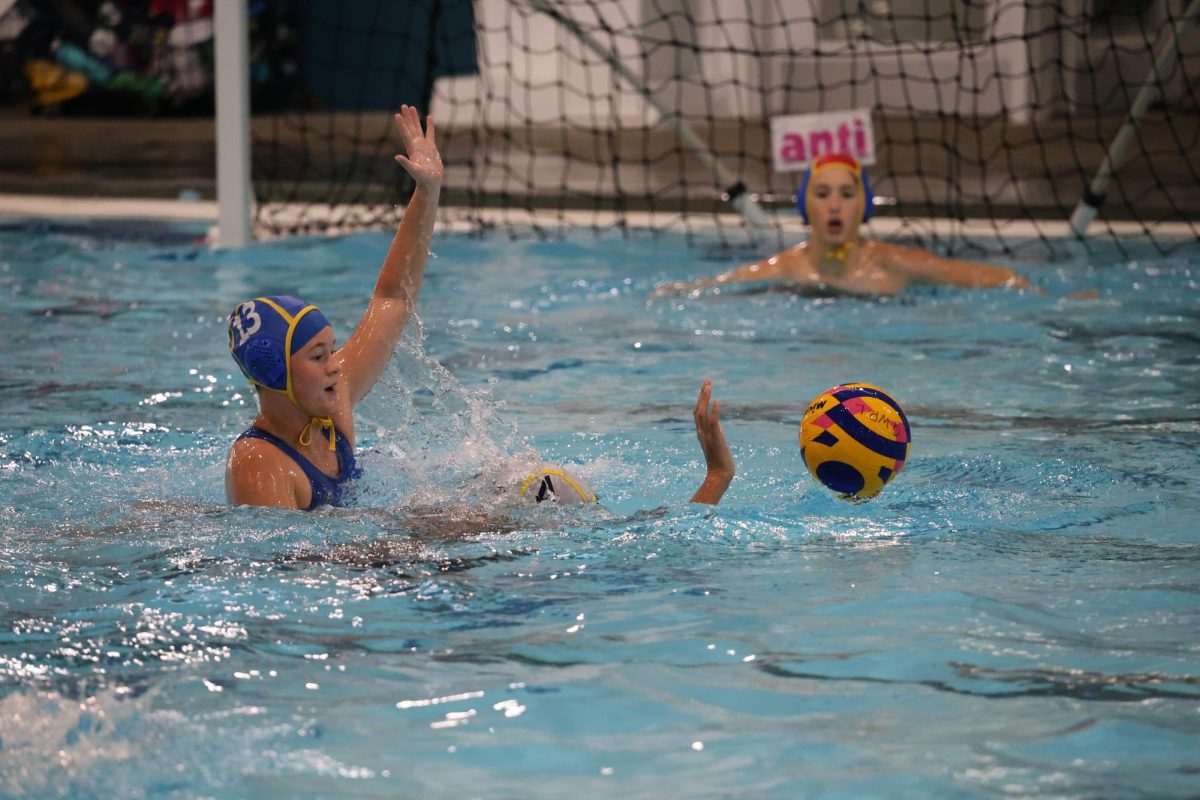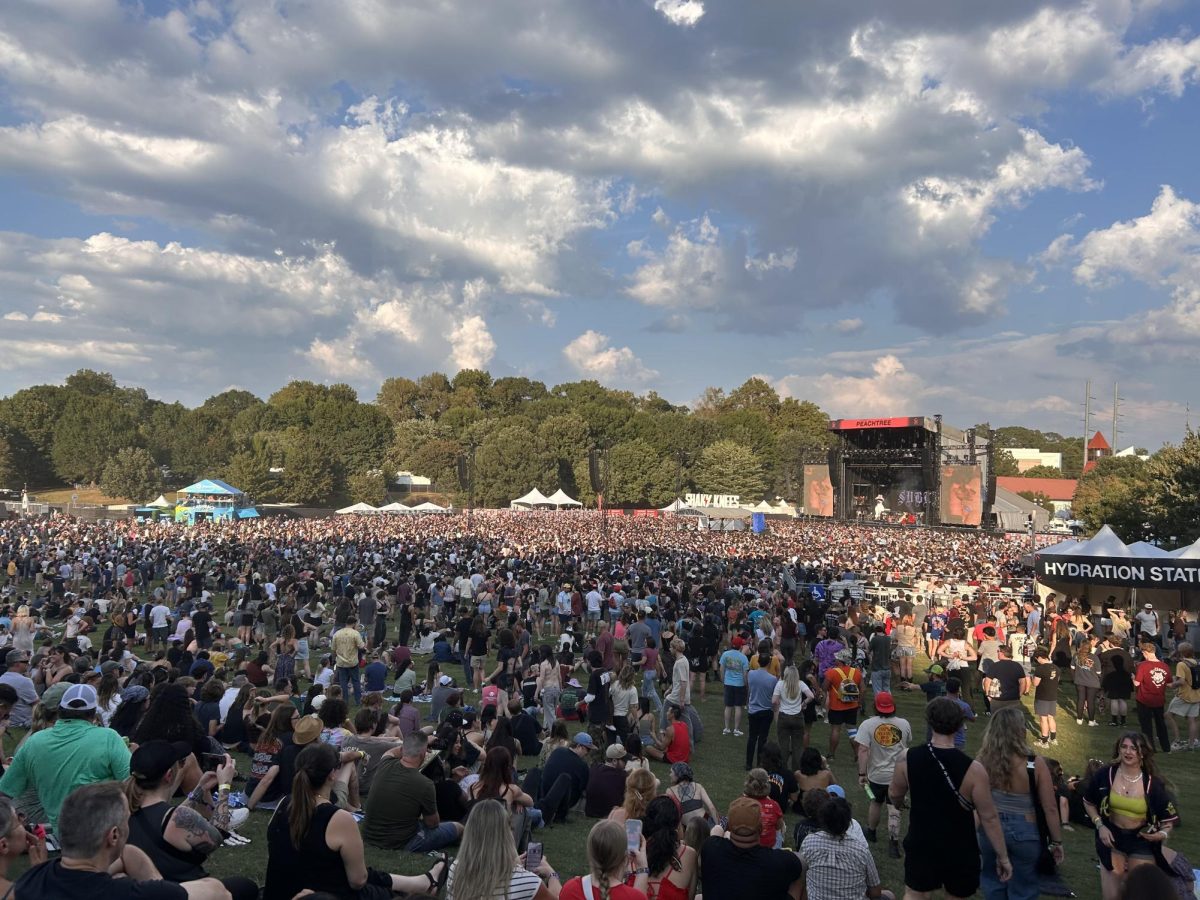What I Got Wrong About College
Alice Bai (center) stands with her fellow editors on College Decision Day. She chose Brown.
May 20, 2019
It’s April 30, and I would love to demonstrate that my personality extends beyond college discussions, but because of who I am as a person I can’t promise that until National College Decision Day (that is, May 1) has finally passed.
I’m not particularly proud to say that I’ve managed to not commit until the deadline that forces me to make a choice, but as I’ve teetered back and forth on a decision that I’m sure all my friends are tired of hearing about, I’ve come to recognize that most everything I thought about college throughout high school hasn’t mattered nearly as much as I thought it would.
This in large part because the only thing I really thought about in regards to college for the majority of my underclassman career was, honestly, prestige. Despite knowing next to nothing about any part of the process–or perhaps because of this fact–I assumed I understood the two ultimate categories of school: good or bad. The end goal was to get into a “good” school. If I hadn’t heard of it, it probably wasn’t good. Even if I had, it still might not be good. It’s not like college was on my mind much as a freshman, but when it was, the world was pretty simply split into the Harvards and the everything else.
And the reality is that there are plenty of things that subscribe to and support this kind of thinking. There are hundreds of college ranking lists to go around, with schools proudly touting these numbers whenever they can. And on a more individual level, I think we’d all be lying if we said we truly aren’t a little impressed when we first hear that someone is a student at Princeton–one of the undeniable attributes of going to a so-called “prestigious” school is the sway and recognition the name carries with it, whether we think that names holding this kind of influence is something good or bad.
As I progressed further into the college process, I continued to cling onto this kind of thinking. More and more, I heard people professing the importance of fit, or the fact that what you do matters much more than where you go. It had to be a case of sour grapes, I thought, because why else would the top schools in our country command such absolute power over the college conversation?
Fast forward to now, a day before the college decision deadline, and I can definitively say that all of the hype doesn’t matter as much as it always seemed it would to me. Sure, there are still plenty of people advocating for me to choose the better ranked school–and I’m not discrediting the fact that these kinds of schools can offer the benefits of better teaching, easier access to research, or a diverse and talented student body. But all at the same time, there’s not a simple dichotomy of good and bad school. There’s a whole spectrum extending into a million different dimensions: faculty achievements, undergraduate focus, flexibility of classes, on-campus culture, availability of other programs, location, class size, cost. Are you planning on pursuing graduate school? Does it really matter how well a school is ranked overall if the department you’re interested in is weaker?
I’ve made all sorts of charts to try to decide. I’ve scoured the internet for the pros and cons. Ultimately, I’ve come to realize that choosing a school is incredibly personal, and encompasses much more than which school you’d most want to flex in your Instagram bio. It’s a lot more complicated than sophomore year me was really ready to consider.
It just feels like, as students, so much of the build up to this process is spent chasing this ideal of a “good” school without understanding why it is we’re doing it. More than anything, I think what I’ve learned is that most students could stand to spend a lot less time worrying about the best-ranked school they could get into, and more time considering what it is they hope to do and what kind of school would best support those goals.












